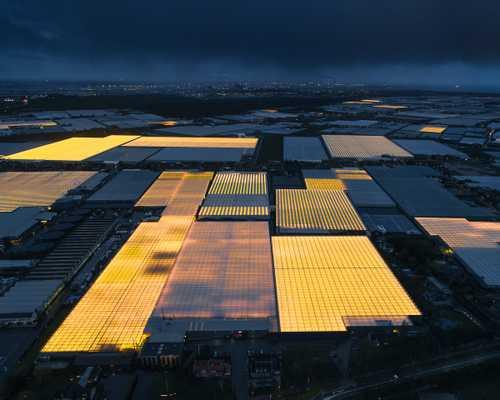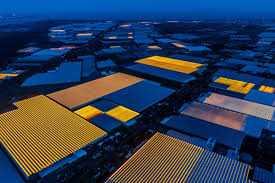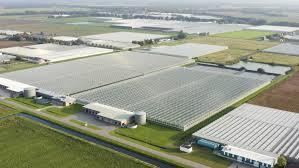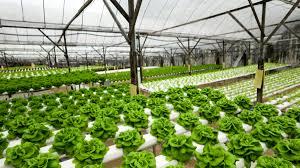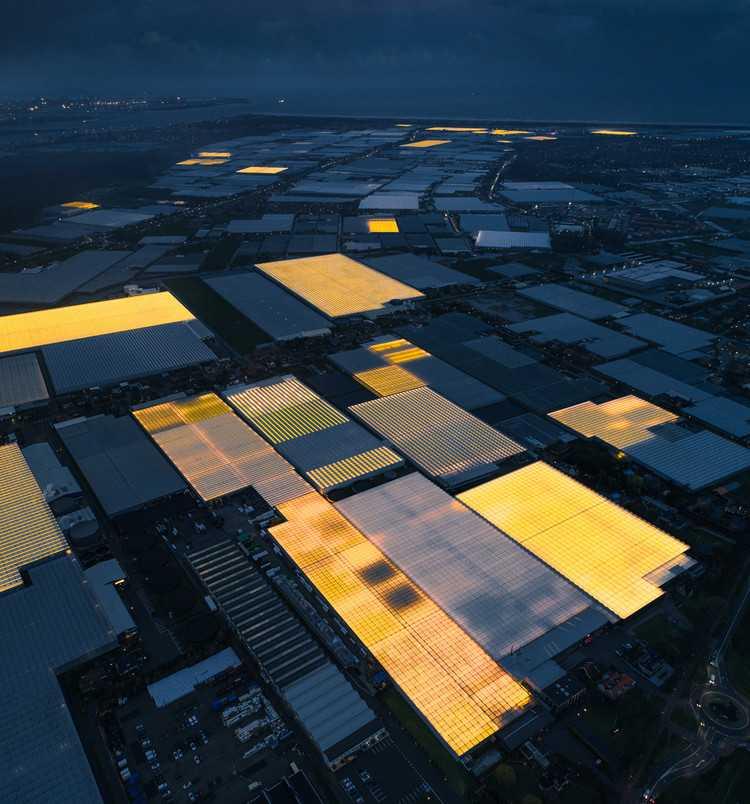How the Dutch Use Architecture to Feed the World
Curated from: archdaily.com
Ideas, facts & insights covering these topics:
5 ideas
·1.16K reads
10
Explore the World's Best Ideas
Join today and uncover 100+ curated journeys from 50+ topics. Unlock access to our mobile app with extensive features.
An agricultural giant
The Netherlands is the second biggest exporter of agricultural products. Their success is mainly due to architectural innovation to transform the agricultural landscape.
53
361 reads
The greenhouse capital
Dutch agriculture is defined by vast landscapes of greenhouses. Some are covering 175 acres.
In the Westland region, greenhouses fill the voids between cities, suburbs, and industrial plants.
34
242 reads
Hydroponics
Tech-savvy farmers use hydroponic systems and geothermal energy to produce high yields using limited resources.
Due to a controlled indoor environment, Dutch greenhouses use 1:1 gallons of water per pound of tomatoes produced, compared to the 25.6-gallon global average.
39
169 reads
The Dutch environmental performance
- Double-glazed roofs allow for the retention of heat.
- Light modular steel frames allow for expansion.
- Some operators make use of the CO2 from a local oil refinery to aid plant growth.
- LED lights allow for plants to continue growing throughout the night. This takes into account the Dutch legislation that states that 98% of electric lighting must be contained within the greenhouses.
39
152 reads
Commitment to sustainable agriculture
In the early 2000s, the Dutch made a national commitment to a new form of sustainable agriculture that uses no chemical pesticides and has seen a reduction of antibiotics by 60%.
With new techniques and understanding to feed ever-increasing urban populations, the Netherlands will move further away from the natural, and more towards artificial, industrial, and controlled.
39
243 reads
IDEAS CURATED BY
Jason Z.'s ideas are part of this journey:
Learn more about problemsolving with this collection
How to delegate tasks efficiently
How to use technology to your advantage
How to optimize your work environment
Related collections
Similar ideas
6 ideas
Here's how wildfires get started—and how to stop them
nationalgeographic.com
7 ideas
5 ideas
How to Reduce Your Carbon Footprint
nytimes.com
Read & Learn
20x Faster
without
deepstash
with
deepstash
with
deepstash
Personalized microlearning
—
100+ Learning Journeys
—
Access to 200,000+ ideas
—
Access to the mobile app
—
Unlimited idea saving
—
—
Unlimited history
—
—
Unlimited listening to ideas
—
—
Downloading & offline access
—
—
Supercharge your mind with one idea per day
Enter your email and spend 1 minute every day to learn something new.
I agree to receive email updates
